
Eating a plant-based diet can have some great health benefits, but it’s not easy to do. Most of us love meat and dairy products, so we stick with them even though they may be less healthy than vegetables and legumes. But not all plant-based foods are created equal. Some are more nutritious than others. however, Some pack more protein and fiber into every bite than others do. Also some have more vitamins or antioxidants than other types of food do as well—and that makes them even better for your health! If you want some ideas on which foods will help your body stay strong and how often you should eat them each week, then go through this article.
What is plant based food?
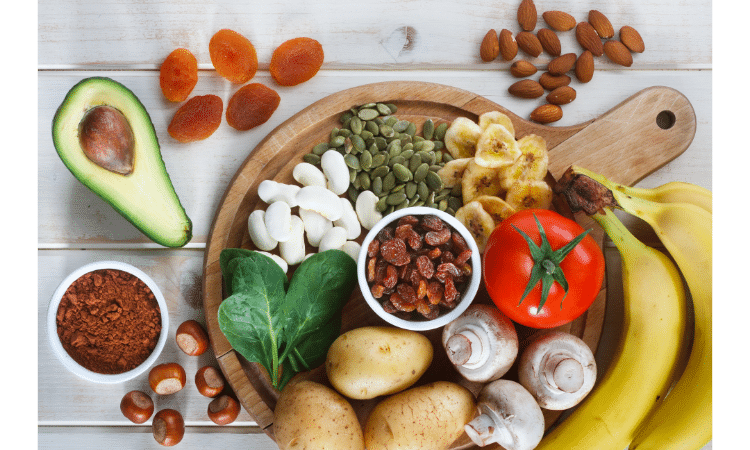
People who follow a vegan or plant-based diet are more likely to be thinner than their meat-eating counterparts.
In addition to reducing your risk of mortality, a plant-based diet can help you live longer.
A vegan diet contains no animal products at all. A vegetarian diet includes eggs and dairy products but not meat or fish.
Why plant based diet is better?

A plant-based diet is about eating whole foods. In other words, foods that have not been processed or refined in any way. For example, eating a plant-based diet means you’re going to be drinking more water and less soda. You’ll also be eating more vegetables and fruits than you would if you were on a regular diet (which is good for your health).
A Whole foods plant based diet helps us eat less processed foods because we tend to only buy fresh items from the market rather than packaged ones with preservatives added to them.
A plant-based diet is good for your heart, brain and skin. Its good for the environment. Its also good for animals and even the planet. Also plant based diet help lose weight.
When you eat a lot of animal products, you are taking in saturated fats that can increase the risk of heart disease and stroke by raising cholesterol levels in your blood. Eating less meat also makes it easier to lose weight – especially if you replace it with healthier options like fruits and vegetables or legumes (beans).
Tomatoes
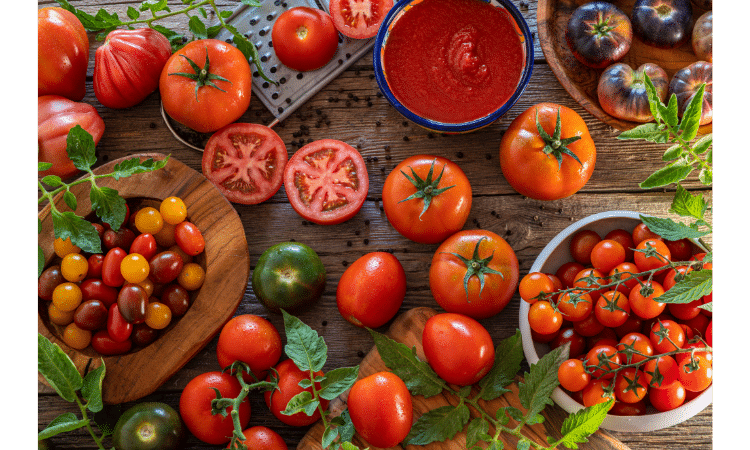
Tomatoes are a great source of lycopene, a powerful antioxidant that has been linked to many health benefits. Antioxidants help reduce free radical damage and may even help prevent certain cancers.
Tomatoes are also a good source of vitamin C, which is important for the immune system. It’s thought that eating foods high in vitamin C can help your body fight off colds by boosting your immune system and protecting against infections like the common cold.
Finally, tomatoes are good for your heart. One study found that regular tomato eaters were 40% less likely to develop heart disease than those who rarely ate these vegetables.
Pumpkin
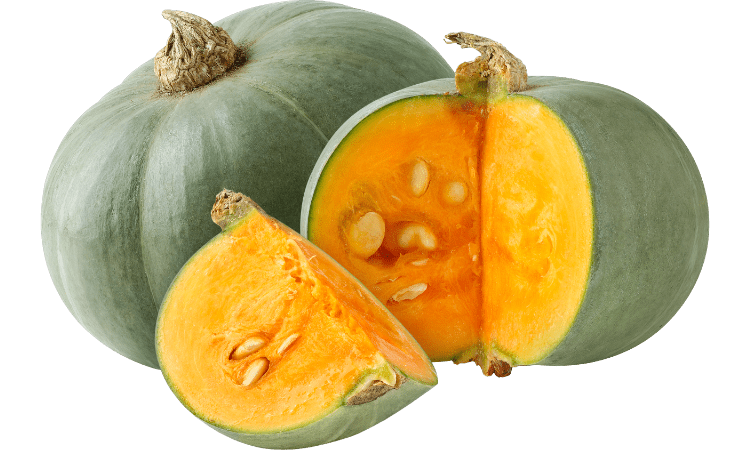
Pumpkin is one of the best plant based foods to eat. It’s high in vitamin A and C, fibre, low in calories and good for your skin. The pumpkin has been used since ancient times as a beauty product due to its ability to reduce dark circles and blemishes on the skin. It’s also known for its high levels of potassium which help reduce muscle cramps and water retention.
In terms of vision health, pumpkins are rich in zeaxanthin (which helps protect against macular degeneration) and lutein (which helps protect against cataracts). These phytonutrients make them great for eye health.
Mushrooms
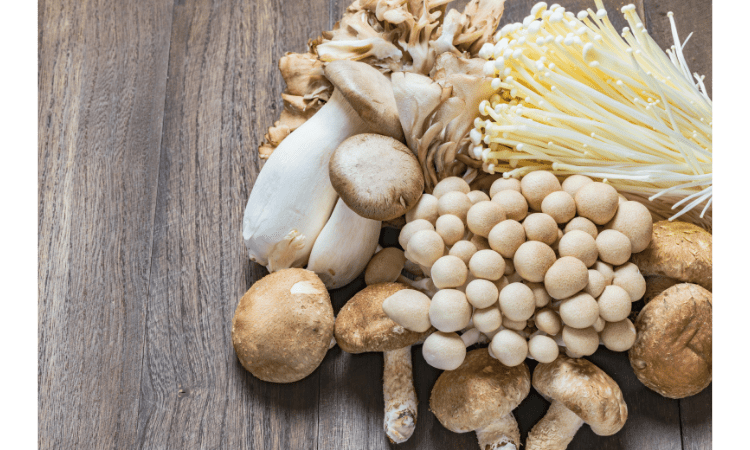
- Mushrooms are an excellent source of vitamin D, which plays a vital role in the development and health of your bones.
- Mushrooms contain vitamin B12, which is important for maintaining healthy nerve cells and red blood cells. It also helps to maintain the body’s energy levels in addition to playing a role in metabolism.
- A half cup serving of mushrooms can provide you with nearly one-fifth of the daily recommended amount of fiber that you need to stay full longer and prevent constipation.
- Mushrooms boast high amounts of potassium, which can help lower your blood pressure as well as reduce cardiovascular disease risk factors such as high cholesterol levels or triglycerides (a type of fat found in the blood). They’re also good sources for zinc, iron, selenium and copper—all nutrients that support immune system function.
Oats
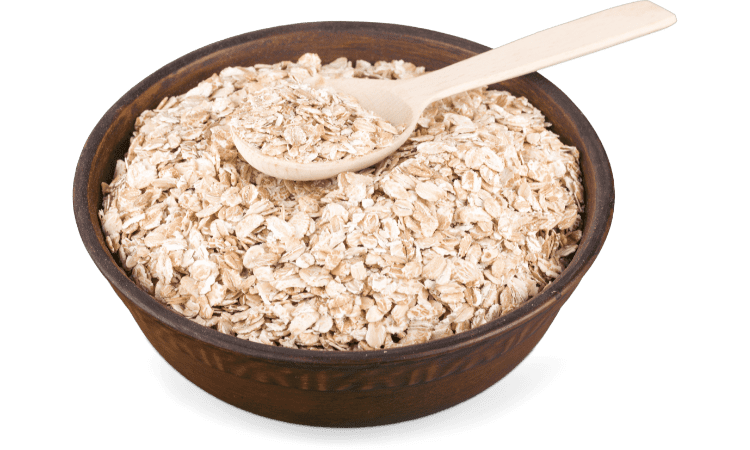
Oats are one of the most nutrient-dense foods you can eat, containing a wealth of vitamins, minerals and antioxidants. Oat fiber promotes healthy digestion and controls blood sugar levels by slowing down the absorption of carbohydrates into your bloodstream. Oat fiber also helps lower cholesterol levels and reduce inflammation in the body.
Oats contain a wealth of nutrients that support heart health, including magnesium which is important for maintaining strong bones and muscles; zinc which helps promote cell growth and healing; selenium which helps maintain good vision; B vitamins (thiamin) involved in energy production; reducing risk of heart disease by lowering LDL cholesterol levels; reduces risk of type 2 diabetes by lowering blood sugar levels.
Conclusion
Plant-based foods are a great way to start eating healthier. They have been shown to reduce cholesterol levels, lower blood pressure and help with weight loss. If you go through any nutritionist food list, you will find above all mentioned foods in that list. While the term “plant-based food” can mean many things, there are some commonalities among the most popular options: they’re high in fiber, potassium and other nutrients that can improve your health. It’s also important not just what we eat but how much of it – so try making these choices at least once per week.
Also Read: Best Breakfast for Flat Stomach











